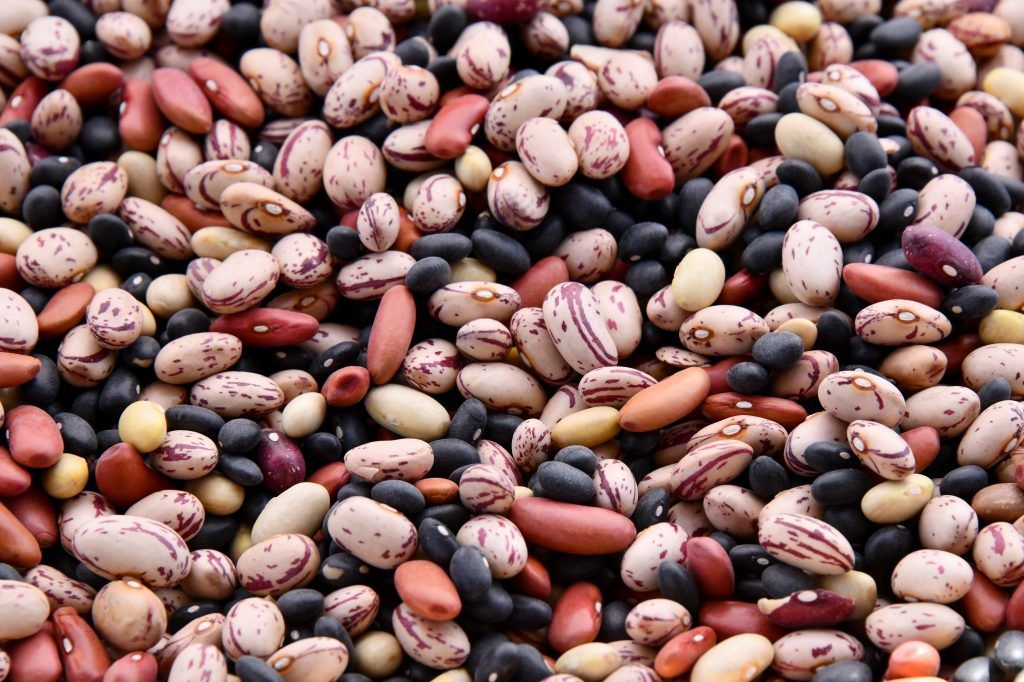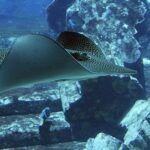Expected Outcome
A successful proposal should support the objectives of the EU biodiversity strategy and the farm to fork strategy to transition to a fair, healthy and resilient European agriculture, notably its objective to foster EU-grown plant proteins, in line with the ‘’Report on the development of plant proteins in the EU’’[1]. They should do so by increasing the availability of crops and breeds that cater for the specific needs of the legume sector, thus supporting increased (agro-) biodiversity and the transition to sustainable, productive, climate-neutral and resilient farming systems that minimise pressure on ecosystems while ensuring fair economic returns for farmers and food consumption that is sustainable in terms of both health and the environment.
Project results are expected to contribute to all the following expected outcomes:
- Improved legume varieties for different attributes/traits (e.g., resilience to abiotic and biotic stresses, nutrient composition, food and feed processing, flavour, etc.);
- Improved availability of and open access to data on breeding methods and legume breeding research outcomes;
- Increased competitiveness of the legume breeding sector through cost-effective legume breeding methods, novel governance models, testing, training and networking;
- Improved biodiversity and diversification of farming systems and agri-food value chains, as well as increased farmers’ competitiveness through the implementation of crop rotation systems based on the cultivation of legumes;
- Improved delivery of environmental services from agriculture, including the reduction of greenhouse gas and air pollution emissions.
Scope
Legume crops are a source of food, feed and environmental services. For instance, legumes have the unique capacity to fix nitrogen in the soil and therefore improve soil fertility, while at the same time reducing the need to use conventional inorganic fertilisers. Legumes have an important role to play in the transition towards more sustainable farming systems that provide economic, environmental and social benefits and address relevant objectives of the EU biodiversity and farm to fork strategies. In view of the global increase in protein demand, a sustainable diversification of protein sources in the EU and Associated Countries needs to be explored and developed. Legume crops have a significant role to play in this regard. However, for a variety of reasons, legume production in the EU and Associated Countries is not sufficiently developed. Amongst others, a lack of breeding efforts and insufficient use of genetic resources are responsible for the low percentage of arable land currently used for legumes, despite their agronomic and environmental benefits. Closing gaps in breeding (traditional and new varieties) including facilitating knowledge and best practices sharing in legume breeding, can be a key driver for improving the competitiveness of legume crops grown in the EU and Associated Countries.
Proposals should build on the results of relevant EU-funded research projects. Proposals must implement the ‘multi-actor approach’ and ensure adequate involvement of farmers, the breeding sector and other relevant actors of the value chain. This topic is open for the breeding needs of the legume sector in conventional, agroecological and organic farming, and addresses all climate / biogeographical regions in the EU and Associated Countries. In order to achieve the expected outcomes, international cooperation is strongly encouraged. Proposals should include a clear plan to collaborate with other projects selected under this topic. In this topic the integration of the gender dimension (sex and gender analysis) in research and innovation content is not a mandatory requirement.
Proposals should develop a catalogue of legume species and varieties and desired characteristics driven by demands in the EU and Associated Countries food and feed chains. Proposals should develop a range of measures to improve legume varieties for different attributes, such as higher and more stable yields, enhanced tolerance to abiotic and biotic stresses, resource efficiency, increased nitrogen-fixing capacity (e.g. enhanced use of plant root-microbiome interactions within rhizosphere layer), and enhanced nutritional quality, food and feed processing, etc., through pre-breeding and breeding activities and tapping into local and traditional varieties where relevant. Proposals should improve screening techniques to better understand genetic relationships, origin and susceptibility to specific attributes. Proposals should build an open repository of breeding methods and breeding research outcomes for different attributes. Proposals should analyse the cost-effectiveness of legume breeding methods and identify the best varieties suited for given uses (e.g. crop rotation, extensive agricultural livestock systems, etc.). Case studies of innovative engagement of value chain partners in legume breeding initiatives in different contexts should be analysed and key factors of success should be identified. Governance and financial models should be developed to support legume breeding initiatives that are inclusive for all actors in the value chain and that build linkages among those actors, with a view to strengthening legume demand. Proposals should design training packages tailored to the specific needs of different actors in the legume breeding and seed business to strengthen their capacities to achieve breeding gains. Building on existing tools or mechanisms, where relevant, proposals should set up a transdisciplinary EU and Associated Countries wide platform to facilitate trans-national and trans-regional knowledge and best practices sharing in legume breeding, including facilitating cross-regional testing of varieties. Proposals should foster demonstration and testing of legume breeding in different regions, with emphasis in regions where the legume breeding sector is less developed.







Leave a Reply